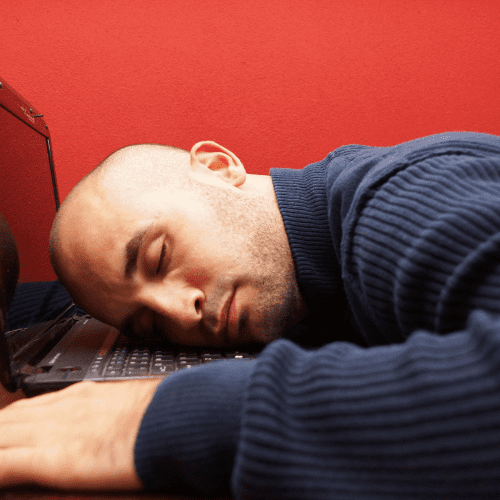In our fast-paced modern society, sleep deprivation has become increasingly common, with many individuals sacrificing rest for work, social obligations, or screen time. While the adverse effects of insufficient sleep on physical and mental health are well-documented, a lesser-known consequence that is garnering attention is its potential link to hair loss. This article aims to delve into the biological mechanisms that may connect sleep deprivation to hair thinning, as well as explore current research to clarify these associations and identify actionable steps to improve both sleep quality and hair health.
The Relationship Between Sleep Deprivation and Hair Loss: Understanding the Biological Mechanisms
Sleep deprivation can have profound effects on various physiological systems, and the hair growth cycle is no exception. Hair follicles undergo a complex cycle of growth, rest, and shedding, regulated by various factors including hormones, nutrition, and overall health. One of the most significant players in this context is cortisol, a hormone that is released in response to stress. During periods of sleep deprivation, cortisol levels can rise dramatically, potentially disrupting the normal hair growth cycle by triggering premature hair follicle shedding and inhibiting new hair growth.
Additionally, lack of sleep can lead to increased inflammation within the body, which has been linked to a variety of health issues, including hair loss. Chronic inflammation can negatively affect hair follicles, leading to conditions such as telogen effluvium, where hair falls out in response to stressors. Furthermore, sleep is critical for the body’s repair and recovery processes. During deep sleep, the body releases growth hormones that are essential for cellular regeneration, including in hair follicles. Insufficient sleep can thus impair these regenerative processes, contributing to thinning hair and hair loss over time.
Moreover, sleep plays a vital role in maintaining the balance of various neurotransmitters and hormones that influence mood and stress levels. Disrupted sleep can lead to heightened stress, anxiety, and depression, all of which have been implicated in hair loss conditions. The intricate interplay of these biological mechanisms underscores the importance of adequate sleep not only for general health but also for sustaining a full and healthy mane of hair.
Exploring the Evidence: Current Research on Sleep Quality and Its Effect on Hair Health
Recent studies have begun to shed light on the intricate relationship between sleep quality and hair health. Dermatological research has indicated a correlation between poor sleep patterns and the prevalence of alopecia, an autoimmune condition characterized by hair loss. A study published in the Journal of Investigative Dermatology found that individuals suffering from alopecia areata reported significantly poorer sleep quality compared to those without the condition. This finding suggests that sleep deprivation may exacerbate or even trigger hair loss conditions, highlighting the need for further investigation into this relationship.
Psychological research has also supported the connection between sleep and hair health, particularly in the context of stress. In a study examining individuals with chronic stress, researchers noted that participants who reported frequent sleep disturbances were more likely to experience hair loss. The stress response, compounded by lack of sleep, can lead to a vicious cycle where hair loss further contributes to stress and anxiety, exacerbating sleep issues. This reciprocal relationship emphasizes the importance of addressing both psychological well-being and sleep quality when considering effective strategies for preventing hair loss.
Additionally, improving sleep hygiene practices has been shown to have positive effects not just on sleep quality but also on overall health, including hair health. Simple lifestyle changes, such as maintaining a consistent sleep schedule, creating a conducive sleep environment, and practicing relaxation techniques, can enhance sleep quality. By addressing these factors, individuals may help mitigate the risk of hair loss associated with sleep deprivation, promoting healthier hair growth over time.
In conclusion, the potential link between sleep deprivation and hair loss is a multifaceted issue that warrants further exploration. The biological mechanisms, including elevated cortisol levels, inflammation, and the impact of sleep on neurotransmitter balance, highlight how insufficient sleep can disrupt the delicate processes involved in hair growth. Current research supports the notion that poor sleep quality may correlate with hair disorders, emphasizing the importance of adopting healthy sleep practices. By prioritizing restorative sleep, individuals may not only enhance their overall well-being but also foster healthier hair, making the case for sleep as a critical component of hair care and health management.



